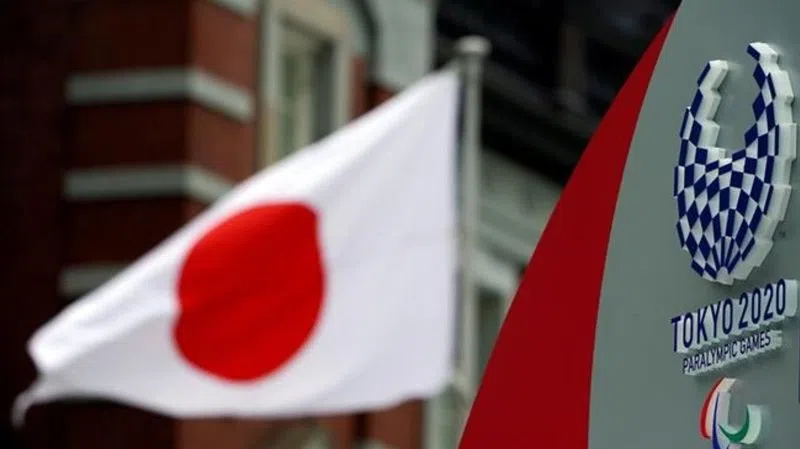
Tokyo Olympics, IOC conflict over who pays for postponement
TOKYO — An open conflict broke out between Tokyo Olympic organizers and the IOC on Tuesday over who will pay for the unprecedented year-long postponement.
Tokyo spokesman Masa Takaya said the organizing committee asked the Switzerland-based International Olympic Committee to remove a comment from its website suggesting that Prime Minister Shinzo Abe agreed that Japan would shoulder most of the postponement costs.
Media reports in Japan estimate the year-long delay caused by the coronavirus pandemic will cost $2 billion to $6 billion. Neither side has given an official estimate, but Tokyo CEO Toshiro Muto has called the postponement costs “massive.”
“It’s not appropriate for the prime minister’s name to be quoted in this manner,” Takaya said on a 90-minute teleconference.
